Testing a website on different browsers is a mandatory part of the web design process.
Doing so helps confirm the website you design is functional and renders as intended across various platforms and devices. However, it can be hard to understand which browsers to run tests on. Below, we will walk through the 5 most popular web browsers and their functionality in the context of web design to help break down which browsers you should design for.
Why designing for multiple browsers matters
Designing for multiple browsers is very important for delivering a consistent user experience. Each browser, with its distinct engine and features, can render websites differently. Incorporating cross-browser support helps confirm your designs look and function as intended for everyone.
When focusing on web design, these five browsers command the largest market share. They represent different engines, operating system preferences, and audience demographics, making them a well-rounded foundation for testing.
For more information about cross-browser testing resources, refer to official developer documentation or specialized testing platforms. Having reliable references will help you diagnose and fix issues quickly.
1. Chrome
Google Chrome is a web browser that Google developed. You can use it on Windows, Mac, Linux, and mobile devices running Android or iOS. The browser is known for its speed and for supporting a wide range of web standards.
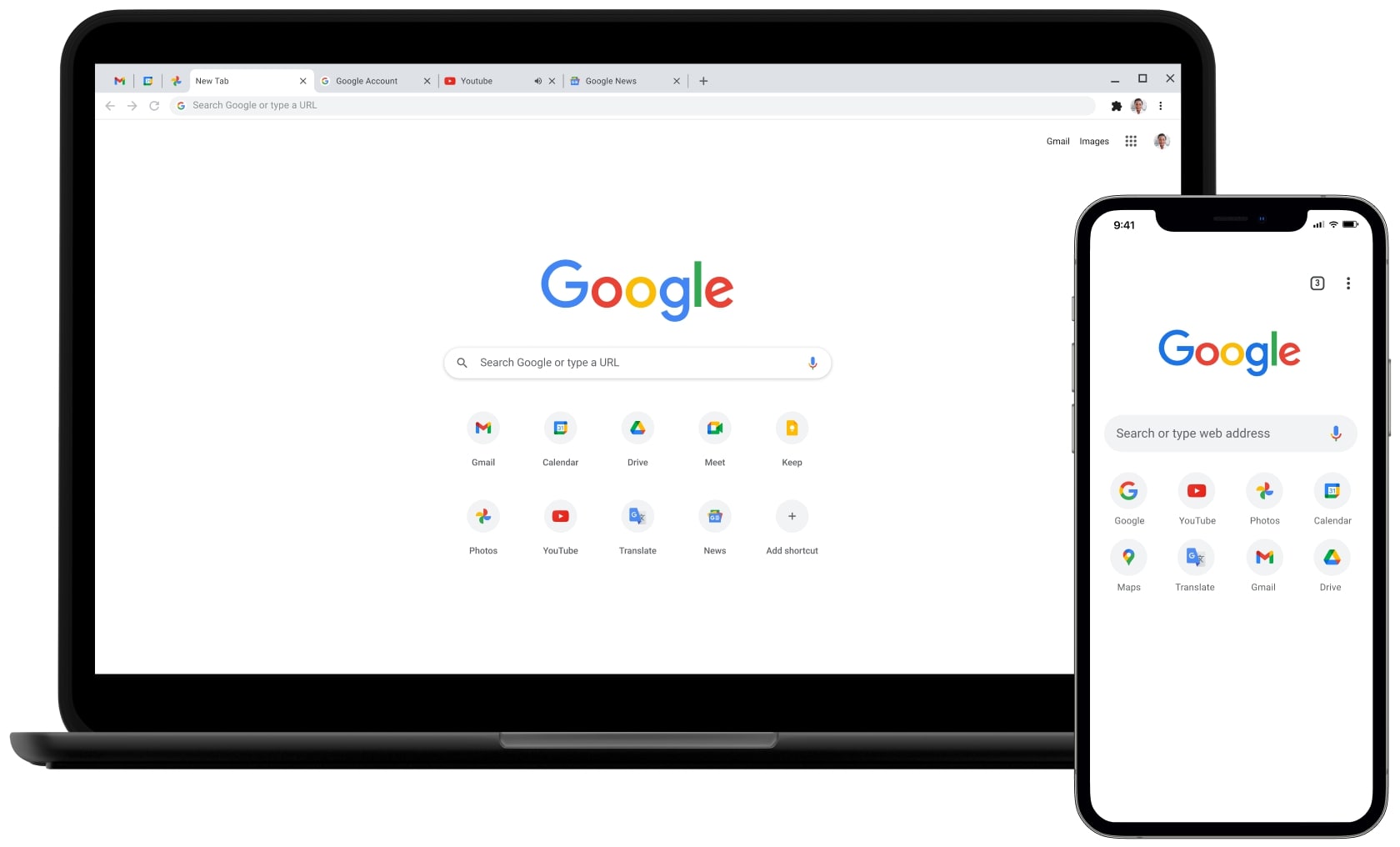
Chrome market share
Google Chrome is one of the world's most widely used web browsers. According to StatCounter, more than 69% of users use Chrome to browse the web. Since Chrome accounts for the largest share of the browser market, web designers must test every website they create on Chrome.
What is under the hood of Chrome?
Chrome is based on an open-source engine called Chromium. But unlike Chromium, Chrome is not completely open-source. Chrome has many components, such as Google-branded services, codecs, and specific functionalities that the corporation doesn't want to release with the open-source license.
Pros of using Chrome
- Browser extensions: Chrome makes it easy for users to extend the browser's functionality by adding third-party extensions called plugins. Compared to all other browsers on our list, Chrome has the most extensive collection of plugins.
- Built-in web tools: Chrome provides dev tools that allow web designers to dive into the HTML code of a particular web element or even debug a whole page.
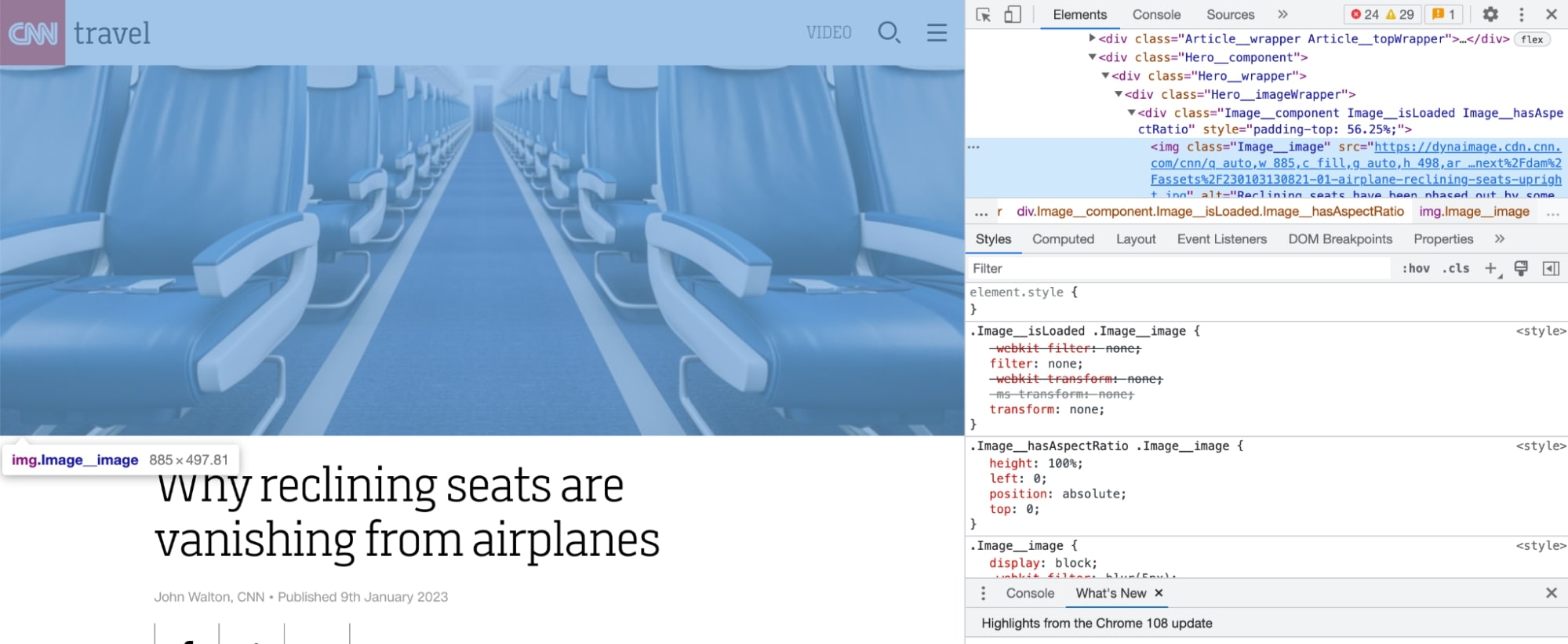
Cons of using Chrome
- Chrome collects user data and tracks history, which may concern privacy-conscious users.
- Chrome has high RAM consumption. While speed and memory efficiency have improved (Google claims ~10% faster in mid-2025 vs prior versions), many users still report performance issues in certain scenarios.
2. Safari
Safari is a web browser developed by Apple. It is the default browser on Apple devices such as the iPhone, iPad, and Mac.
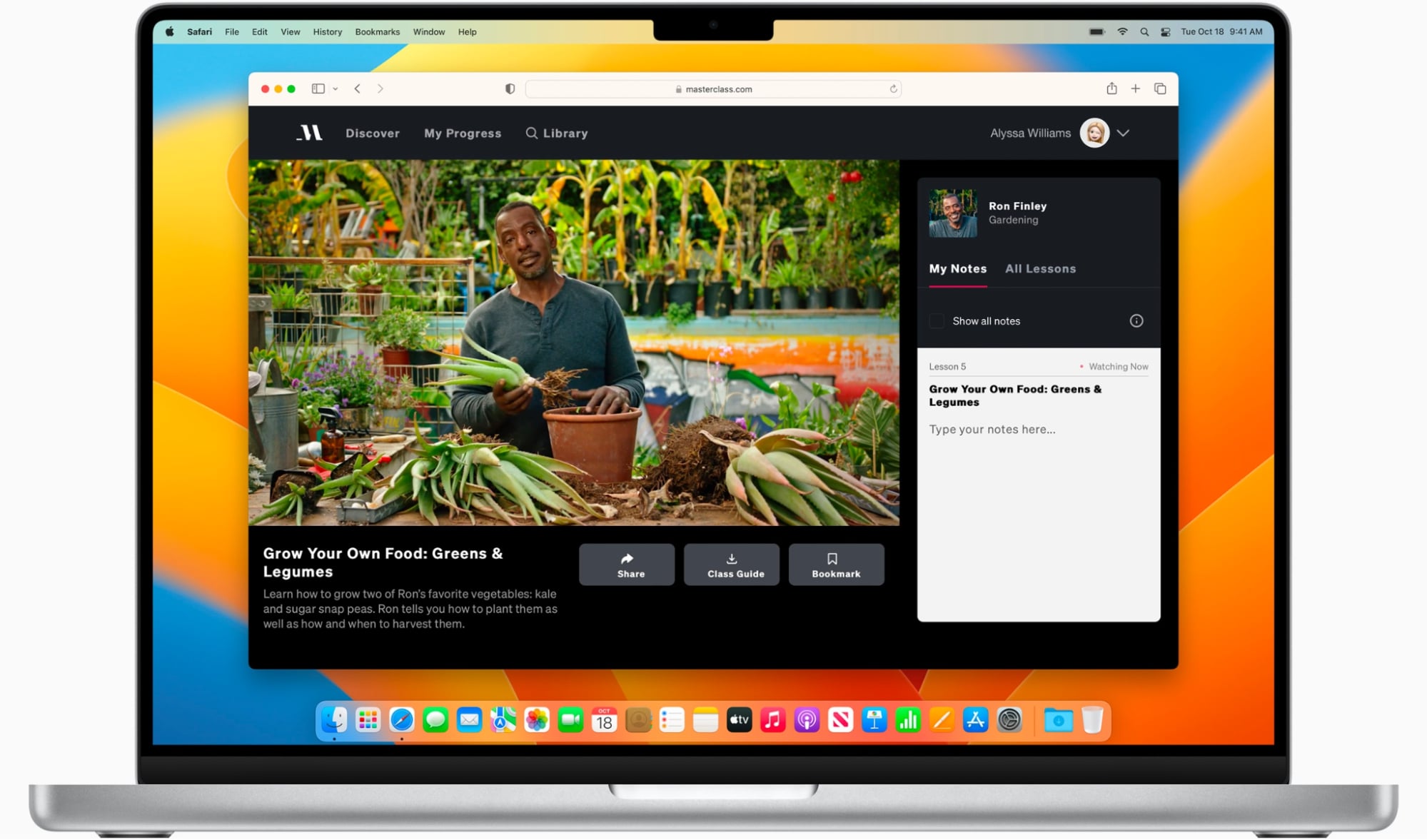
Safari market share
Safari is the second most popular browser. According to StatCounter, almost 15% of users use Safari. A large percentage of these users are people who browse the internet from Apple devices because Safari is pre-installed and the default browser for both macOS and iOS.
What is under the hood of Safari?
Safari is based on the open-source web engine called WebKit. WebKit is less popular than the Chromium engine that we've discussed above. The codebase of Safari is not public.
Pros of using Safari
- Safari synchronizes browsing across devices: It uses iCloud so you can switch among Apple gadgets seamlessly.
- Deep Apple ecosystem integration: Safari offers benefits like Apple Pay and iCloud Keychain.
- Clean interface: Safari's minimalist design makes it easy to use.
- Advanced privacy protections: Safari blocks many trackers and alerts you about compromised passwords.
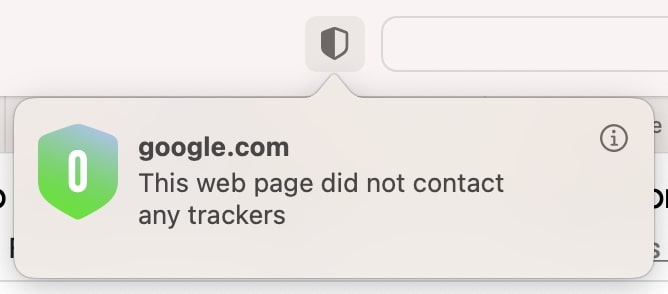
Cons of using Safari
- Limited extension library: Safari doesn't offer many add-ons compared to other browsers.
- No built-in dev tools: You must rely on external tools to debug web pages.
- Mac and iOS only: Safari isn't available on Linux or modern Windows, limiting reach.
- Limited support for some web APIs: Sites may break if they rely on features not implemented by WebKit.



















Ultimate web design
From 101 to advanced, learn how to build sites in Webflow with over 100 lessons — including the basics of HTML and CSS.
3. Edge
Microsoft Edge is a web browser developed by Microsoft. It is the successor to Internet Explorer and is default browser for all Windows 11 devices.
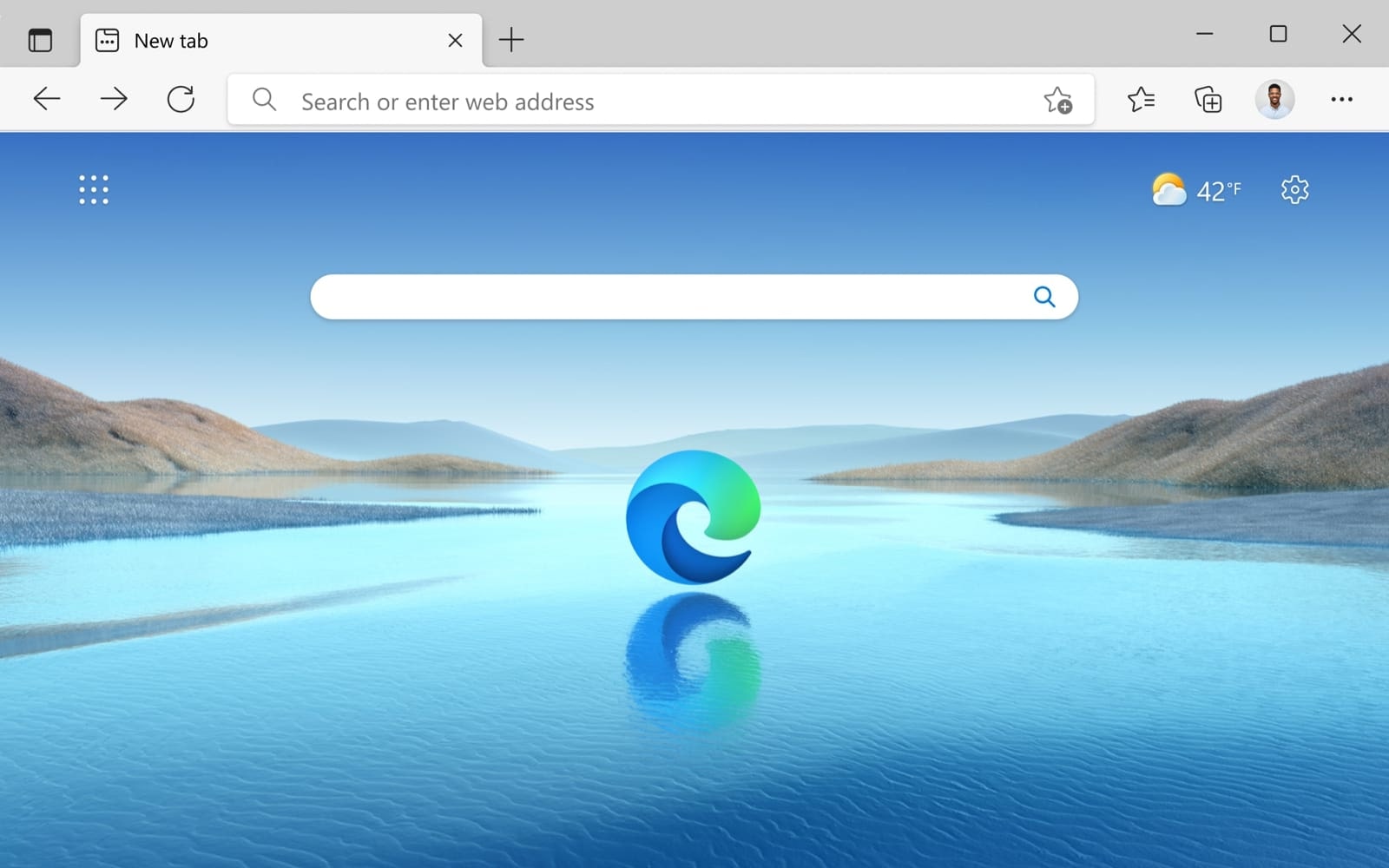
Edge market share
Only 5% of users opt to use Edge.
What is under the hood of Edge?
Edge is based on the Chromium engine, which is the same engine that Google Chrome is built on. As a result, Edge and Chrome are very similar in terms of functionality, performance, and extension support.
Even though Edge shares the Chromium core, it still needs independent testing for its unique features and integrations.
Pros of using Microsoft Edge
- Better security: Features like SmartScreen protect against phishing and malware.
- Straightforward privacy controls: Choose from three tracking-prevention levels.
- Cortana integration: Search the web and complete tasks with voice commands.
- Extension support: You can install add-ons from the Chrome Web Store as well.
Cons of using Microsoft Edge
- Does not support some older web technologies, which may break legacy sites.
- Allows fewer customization options than other major browsers.
- Some features, like Cortana, don't work on all operating systems.
4. Firefox
Firefox is an open-source web browser developed by the Mozilla Foundation. It is available for multiple platforms, including desktop (Windows, macOS, Linux) and mobile (Android).
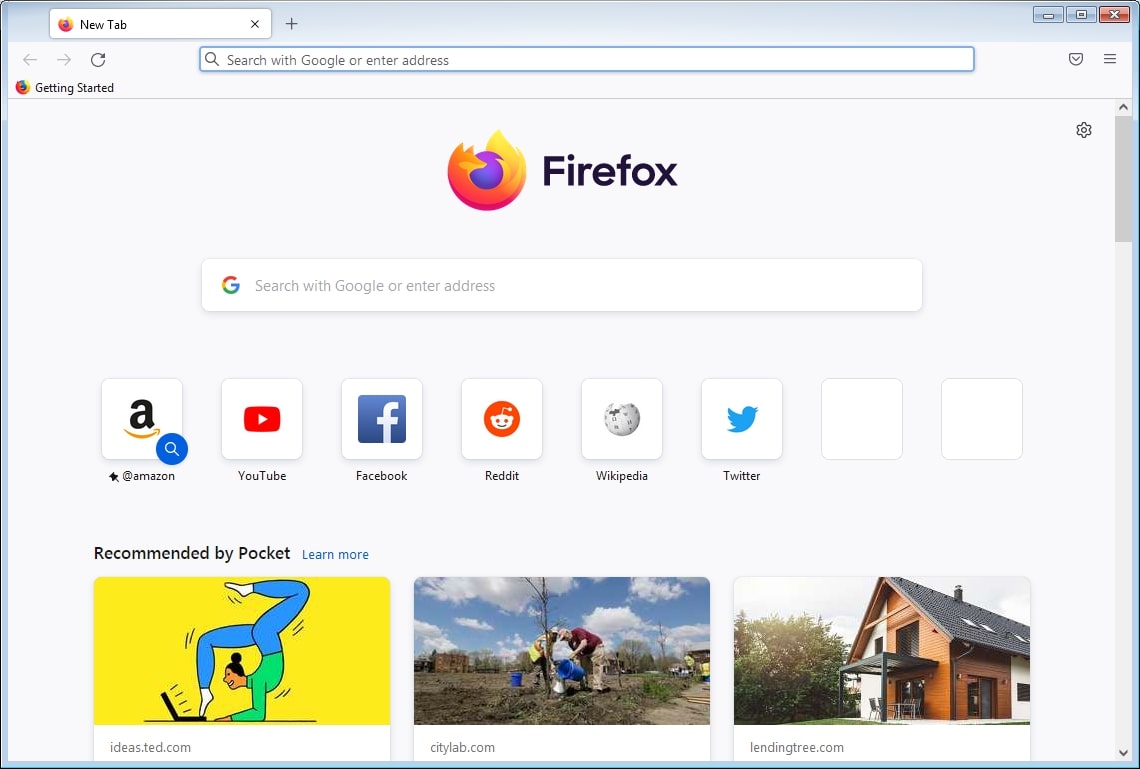
Firefox market share
With less than 3% of users worldwide, Firefox has a relatively small user base compared to other major browsers.
What is under the hood of Firefox?
Firefox is based on the open-source browser engine, Gecko, developed by Mozilla. Gecko is very flexible and extensible, allowing Firefox to support a wide range of web standards and making it possible to release Firefox for different platforms.
Pros of using Firefox
- Accessibility features: Firefox includes high-contrast mode and other inclusive design options.
- Developer-friendly tools: Features like Page Inspector, Web Console, and a JavaScript debugger are included.
Cons of using Firefox
- Some sites may not be optimized for Firefox due to its smaller market share.
- Fewer available extensions compared to larger browsers like Chrome.
5. Opera
Opera is a web browser developed by Opera Software. Opera has an impressive history dating back to 90s web design — the first Opera browser was released in 1995. Opera is available as a desktop and mobile browser.
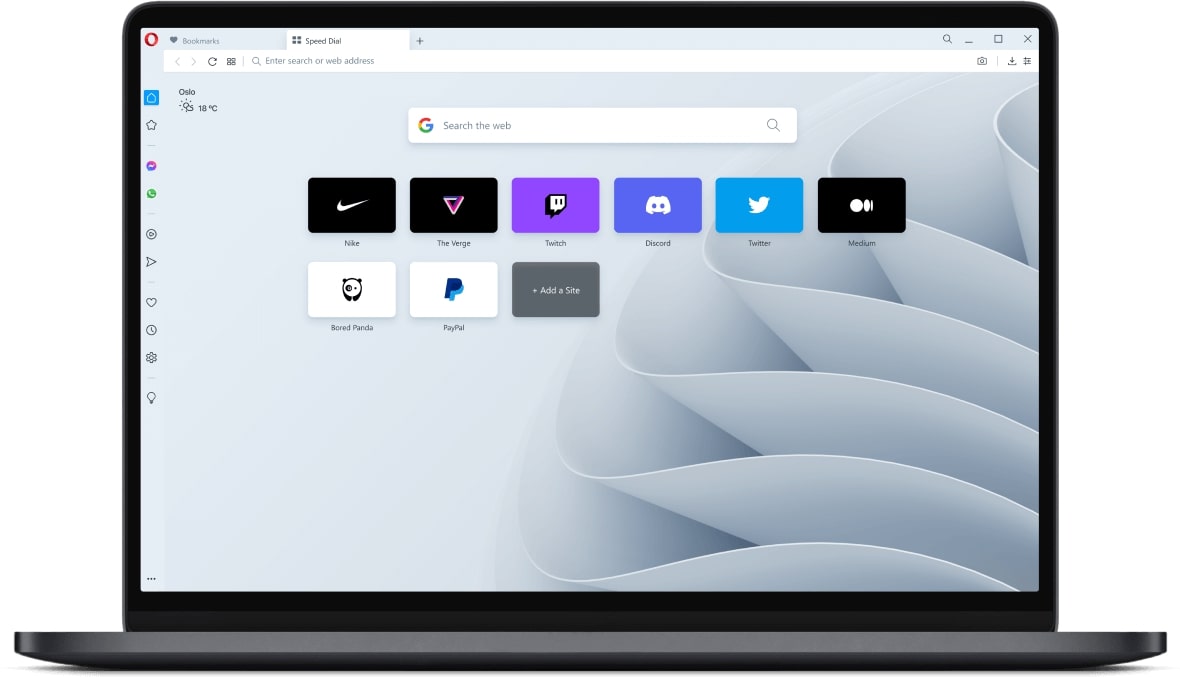
Opera market share
With less than 2% of users worldwide, Opera has a small user base compared to other major browsers.
What is under the hood of Opera?
Opera also uses the Chromium open-source browser engine, similar to Google Chrome and Microsoft Edge.
Opera’s built-in VPN lets you test performance and accessibility under various network conditions, which can be helpful for globally distributed audiences.
Pros of using Opera
- Unique features: Opera includes a built-in VPN, battery-saving mode, and crypto wallet.
- Performance: Opera runs quickly and efficiently; Opera Mini offers a solution for weak internet connections.
Cons of using Opera
- Has a smaller library of extensions compared to Chrome or Firefox.
- Some advanced features, like the built-in VPN, require a subscription.
Across these five browsers, each one has different strengths, unique features, and quirks that can affect a website's functionality and design. Understanding each browser’s capabilities allows web designers to deliver consistent experiences for diverse audiences.
What's most important when deciding which browsers to focus on?
The browser market is in constant flux, and competition for users remains fierce. Understanding these 5 major browsers gives you a solid foundation for creating accessible, functional websites that reach the widest possible audience.
Remember, thorough cross-browser testing isn't just a best practice — it's essential for delivering a consistent experience that works for everyone, regardless of their browser preference.

Build websites that get results.
Build visually, publish instantly, and scale safely and quickly — without writing a line of code. All with Webflow's website experience platform.








.jpeg)




















